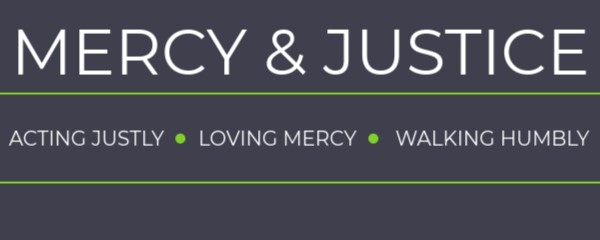Per the Western Christian Calendar, this past Sunday was Transfiguration Sunday. The gospel reading, according to the Revised Common Lectionary, was Mark 9:2-9, which is the story of Jesus’s transfiguration.
Within Mark’s Gospel, this story comes on the heels of Jesus telling his disciples how he will suffer death upon the cross in Jerusalem. This doesn’t sit well with the disciples, so much so that Peter rebukes Jesus. In response, Jesus tells his disciples that any who wish to follow him must first deny themselves, pick up their own cross, and then follow him. That’s the only route to the kingdom of God. So knowing that Jesus is indeed the Son of God, and therefore the true Messiah sent by God to restore the kingdom, matters. This is why God insists that we listen to Jesus but are we listening?
We live in a day and time when more information than we can imagine is available to us through books, podcasts, etc… all at the click of a mouse. Those who know me understand that I don’t have any issues with people listening to a variety of different voices on any given issue. Knowledge, truth, and wisdom are revealed by God in a variety of sources. So while there is nothing wrong with listening to what others might say, our embodiment of the gospel hinges on whether we continue listening to Jesus.
A quote often attributed to Edmund Burke says, “The only thing necessary for the triumph of evil is for good men to do nothing.” I often hear this quote cited to justify the Allies waging war against Germany in WWII. Whatever we think about the necessity of war, evil did not rise up in Germany because good men did nothing. Rather, evil rose up because the majority of Christians living in Germany stopped listening to Jesus. Their eye site wasn’t set on the kingdom of God and so a charismatic voice by name now infamous name of Adolph Hitler came along saying exactly what their itching ears wanted to hear. In doing so, they joined him in leading much of Europe into hell on earth.
If we don’t want history to repeat itself, then we must learn from our history. Such learning should teach us to keep our ears tuned into Jesus and our eyes set on the kingdom of God. The voice of heaven has spoken and he says about Jesus, “This is my Son, whom I dearly love. Listen to him!” (Mk 9:7, CEB).
A lot could be said about how we listen to Jesus today. I’m suspicious of those who claim that Jesus somehow speaks to them directly. I’m not saying that’s impossible but I am highly suspicious. Too many self-proclaimed prophets have attempted to speak for the Lord but have shown themselves to be false prophets, with the latest being those who prophesied this past November 3rd. So how shall we listen to Jesus?
Read the Bible. That might sound cliché but in short, it’s the right answer and I cannot emphasize that enough. So, read the Bible and read it regularly.
However, as we read the Bible, we must also learn how to read the Bible rightly too. We commit to reading the Bible because God has given us these scriptures to tell us about the good news of Jesus Christ and the kingdom of God. The Bible is telling a story that centers in on Jesus, whom were called to follow, and is oriented to the coming of God’s kingdom, which we are called to embody. Our reading of the Bible is meant to teach how to live as followers of Jesus bearing witness to the kingdom of God. That’s how we keep listening to Jesus.



